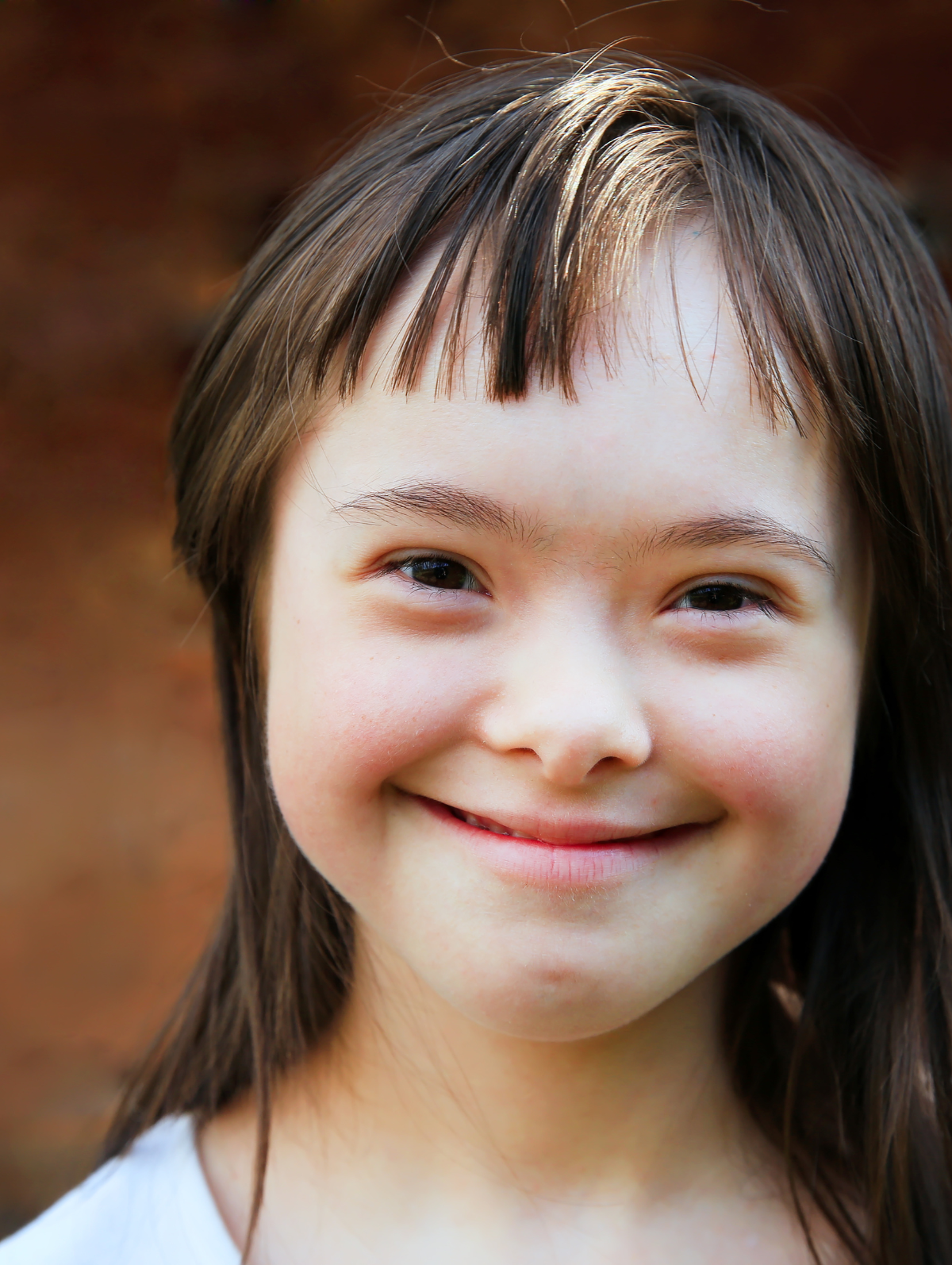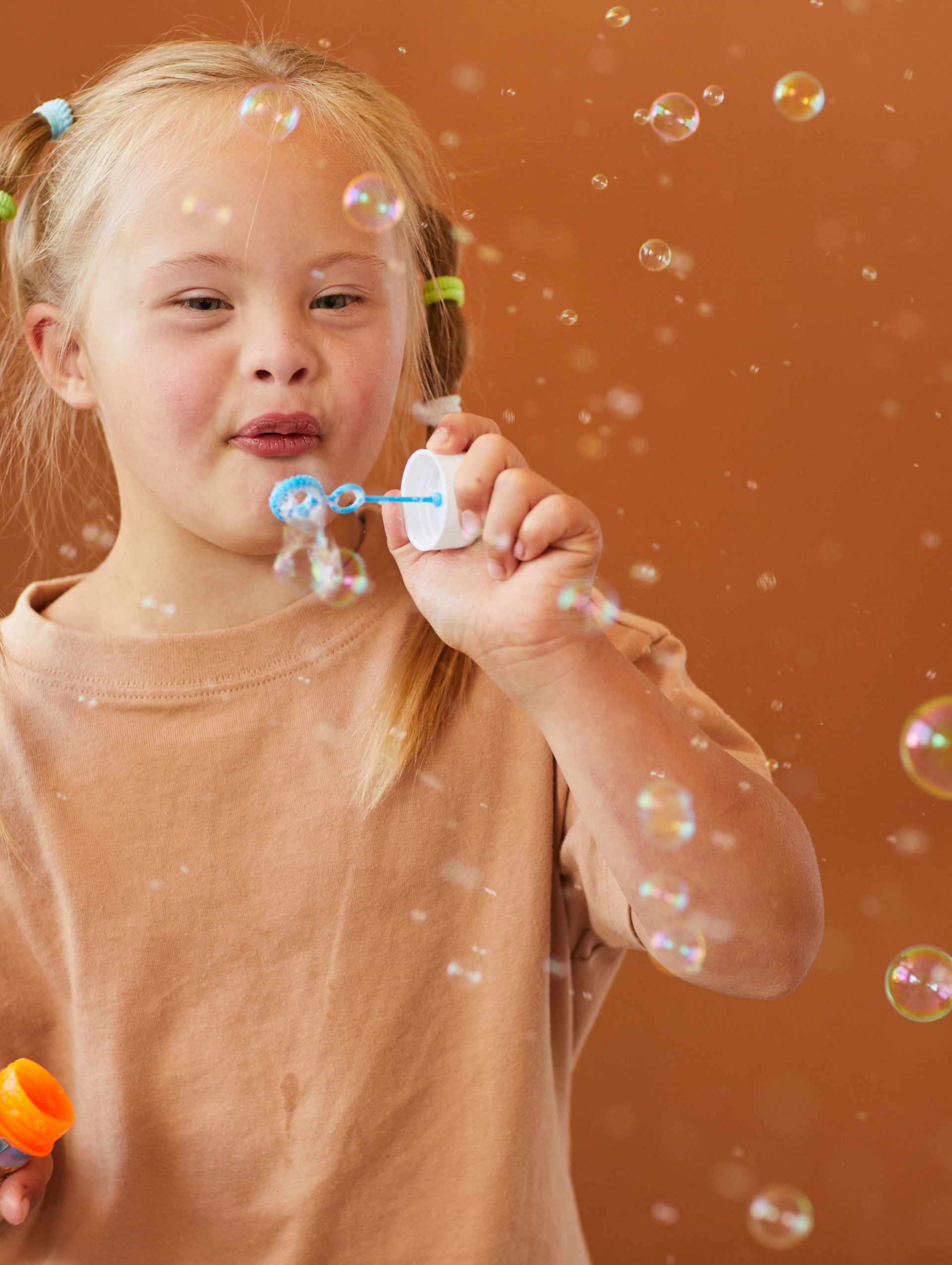About Us
In a world where every child is special, deserves love, and the joy of seeing themselves reflected in the toys they play with, HEST Friends stands as a beacon of inclusivity and understanding.
The Birth of HEST Friends
Helga Parks, the compassionate and visionary founder of HEST, perceived a glaring gap in the toy market. A large number of children with Down Syndrome were unable to find dolls that mirrored their unique features. This ignited a fiery passion within her to foster inclusivity and representation in the toy industry, leading to the inception of HEST Friends. Our primary mission is to enhance the self-esteem and happiness of children with Down Syndrome by providing them with dolls that are a reflection of their image.
Our Inspiration Journey
Our voyage began with the fortuitous discovery of a unique line of dolls in Europe, specifically designed to address the special needs of children with Down Syndrome. These dolls became an instant favorite with children, turning into not just toys but cherished friends who shared their distinctive features, nurturing positive self-esteem and unparalleled joy.
Bringing these cuddly play dolls to the US marked the beginning of a new chapter where children could find joy and validation through toys that resembled them. The impact of these dolls is profound, fostering recognition, delight, and fostering a deeper connection with their playmates.

Making a Difference, One Doll at a Time

Our Exclusive Collection
Our voyage began with the fortuitous discovery of a unique line of dolls in Europe, specifically designed to address the special needs of children with Down Syndrome. These dolls became an instant favorite with children, turning into not just toys but cherished friends who shared their distinctive features, nurturing positive self-esteem and unparalleled joy.
Bringing these cuddly play dolls to the US marked the beginning of a new chapter where children could find joy and validation through toys that resembled them. The impact of these dolls is profound, fostering recognition, delight, and fostering a deeper connection with their playmates.
What People Say About Us
"We are using the Anatomical Teddy as a teaching tool with our students because they relate so well to Teddy Bears. The removable body parts help the children understand and visualize their insides. We use them to explain what is going to happen in a surgery or hospital visit. This reduces the anxiety of the child, especially since the Teddy can be dressed in a hospital gown and we can simulate much of the hospital experience. We also find them effective in explaining chronic illnesses such as asthma because the Teddy allows students to learn at their level. The Teddys are also employed by Student Nurses doing practicums in our facilities."
Delores Brown, RN
SHARE Head Start
Greenville/Pickens, SC
"Each year Toys’R’Us releases a catalogue of toys appropriate for “Differently-Abled Kids” focusing on toys that aid the skills development of children who have physical, cognitive and development disabilities (Drug Week). Toys such as downs syndrome dolls and other disability paraphernalia are as important because they raise the visibility of disability in society in a way that includes both children with and without disability themselves. These dolls also reposition disability as another identity with a (multi)culture and point toward greater diversity in our society. Their emergence signals toward and grew out of a socio/political approach to disability rather than an individualistic/medical approach."
"We purchased the Down Syndrome Dolls to use in our Head Start Program because we want all the children in the program to be aware of children with special needs. They are a very nice compliment to the books and puzzles we were already using. The Dolls are made of quality material and are washable. The children enjoy playing with the Dolls and the Teachers like using them as teaching tools."
Tracy Wilson, Disability Specialist
SHARE Head Start
Greenville/Pickens, SC
"We have been using the Down Syndrome Dolls from HEST for about six years in all our Early Childhood Education classrooms, including our Early Head Start and Head Start program. Having the dolls with Down Syndrome in our classrooms as part of the children’s natural environment, has helped our program meet our Head Start federal regulations by providing an inclusive environment for children with disabilities. Although we utilize several tools in the classrooms such as books, posters, block people with disabilities, wheelchairs, etc, the dolls with Down Syndrome have provided us with another tool to expose and educate typical developing children and their families on cultural differences and disabilities. Because dolls are a common toy the Down Syndrome Dolls are extremely effective in comfortably making the students and parents aware of this particular disability. The quality and detail of the Dolls make them worth the investment."
Iris Arroyo, School Psychologist/Disabilities Facilitator
Palmdale School District Early Childhood Education Programs
Palmdale, CA
"We originally purchased the Down Syndrome Dolls so that our Intellectual Disabled Students would have dolls that looked like them or their classmates. I was delilghted to find the Dolls because I had never seen anything like them and the children in the special education classes do enjoy playing with them. However, the biggest benefit to using the Dolls has been in the general education classes because they are a comfortable tool for promoting awareness and acceptance of those with intellectual disablities. I think it would be a good idea for all pre-school, kindergarten and even first grade classrooms to use them."
Marcia Kelsey, Exceptional Student Education Teacher
Broward County Schools
